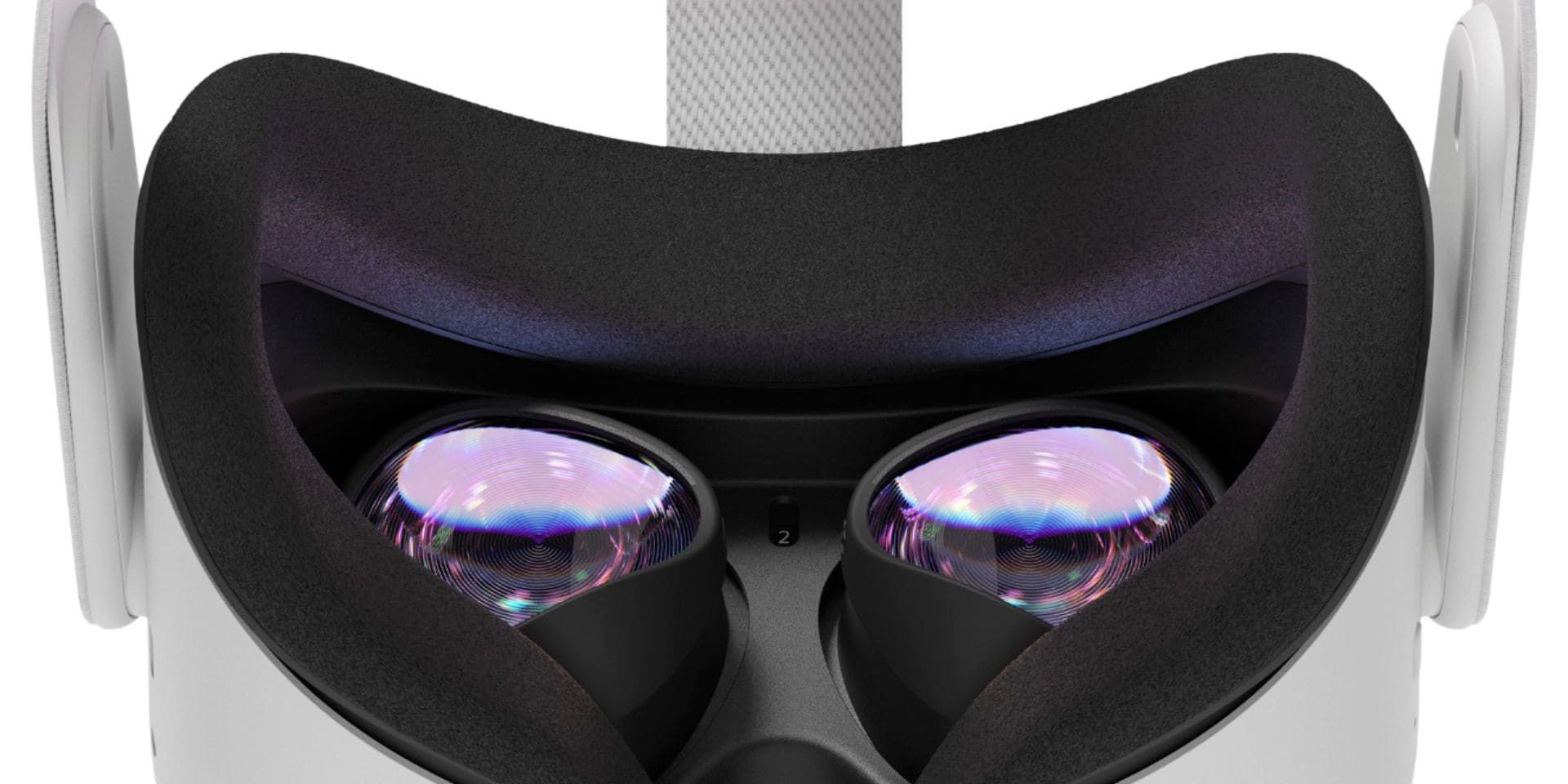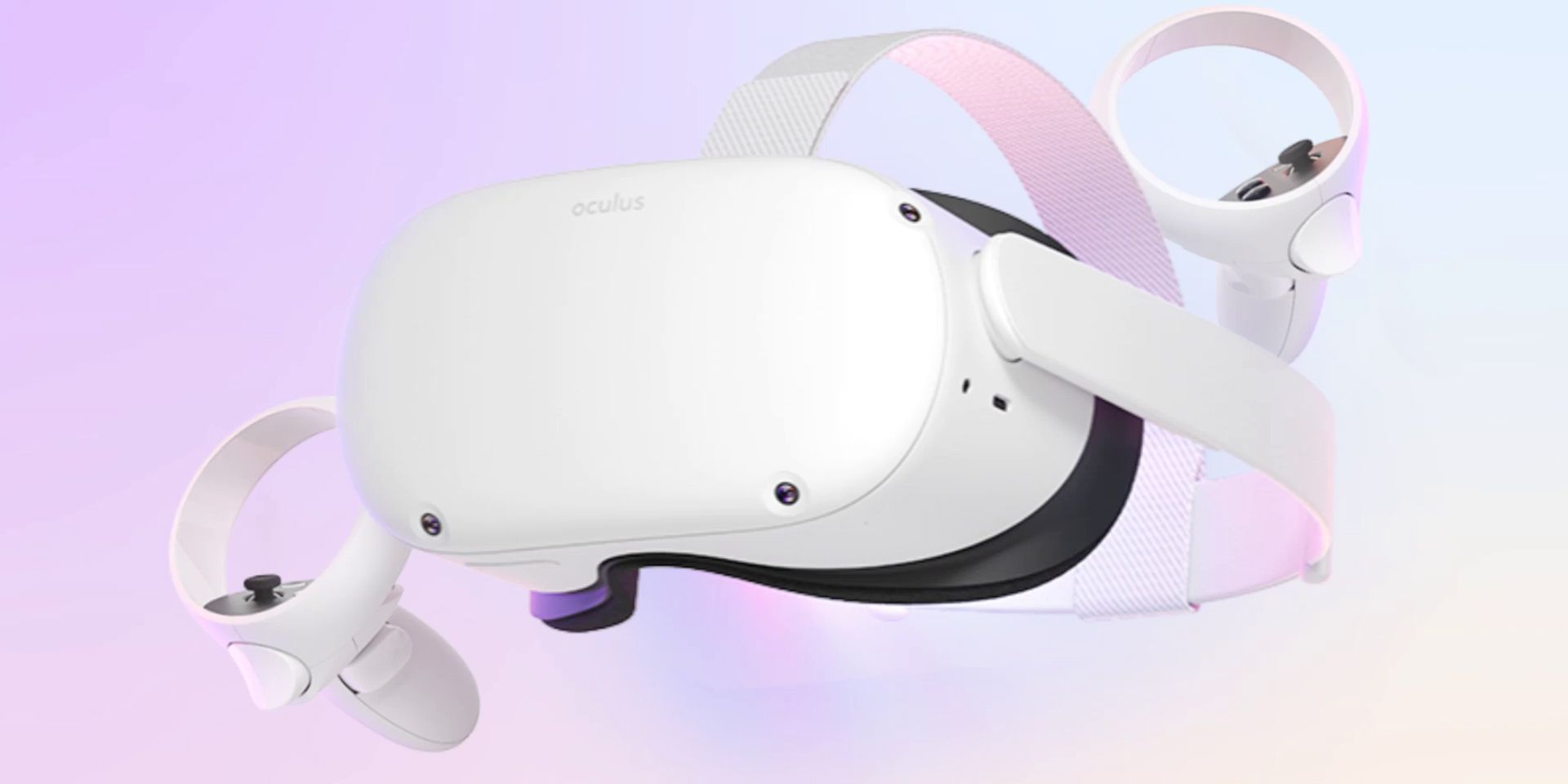Facebook is planning to test out ads in Oculus Quest apps, starting in the next few weeks, a report says. The move could in theory help both Facebook and VR developers, but is likely to see pushback from Quest owners who are already concerned with the social network's policies.
Facebook announced a $2 billion takeover of Oculus in 2014 as its way of getting into the VR space. The latter's Rift headset helped to revive the VR industry, and since then the company has shipped multiple models including the Rift S and the Gear VR, the latter a partnership with Samsung. The Quest line is notable for being both wireless and fully-independent - while the Quest 2 can link with a PC for high-end games such as Half-Life: Alyx or Pavlov VR, onboard storage and processing means it can run lighter apps and games such as The Climb 2. The combined cost of PCs and headsets is considered a stumbling block to the mainstream adoption of VR, in turn leading most developers to prefer flatscreen projects.
The first ads will appear in Resolution's dueling title Blaston as well as two unspecified games, according to The Verge. Facebook says it plans to expand efforts based on feedback, and ultimately create a "self-sustaining platform" for VR development. Timing will depend on the nature of feedback, and Facebook is promising that people will be able to block specific posts and companies. It's further promising no plans to collect camera images, movement data, voice recordings, or fitness information - though it will track app downloads, and whether or not ads have been viewed, including even whether people hover over them. Opening an ad will launch it in the Quest web browser.
Quest owners have often resented Facebook, particularly for a 2020 change forcing them to drop standalone Oculus accounts in favor of Facebook profiles. While the switch has had benefits, such as easier sharing, bans have sometimes rendered Quests temporarily unusable, and many people are unhappy with Facebook's practices outside of VR. The company's subsidies have made the Quest 2 the most cost-efficient VR headset on the market - a base model starts at $299, versus $599 for an HP Reverb G2 or $999 for a Valve Index.
May data from Valve shows the Quest 2 with 29.33% of the Steam VR userbase, followed by 19.17% for the Rift S and 16.49% for the Index. Facebook's actual share of the VR market is likely even higher, since some people are presumably sticking to the Oculus Store. That could make it difficult for developers to avoid advertising - although Steam is an option, they often need Oculus for exposure.


